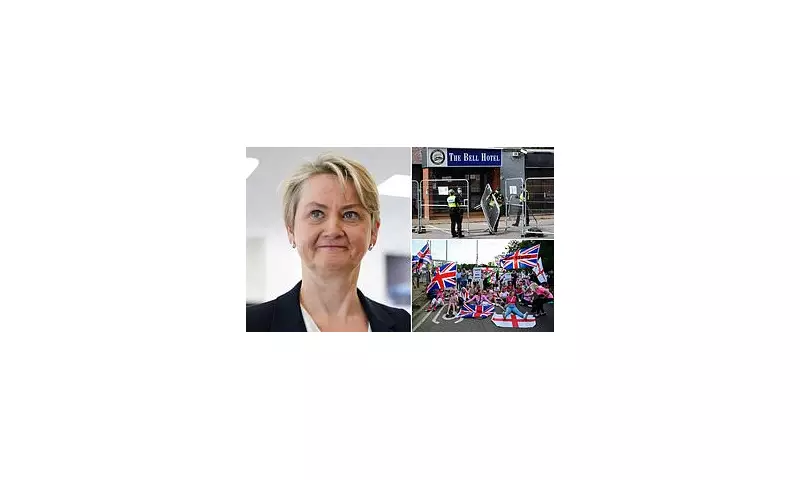
The Labour Party has launched an emergency High Court challenge to block what it describes as "a coordinated wave of far-right activism" planned for the August bank holiday weekend. The legal action targets 32 separate anti-immigration demonstrations scheduled to take place simultaneously across England.
Urgent Legal Intervention
Labour's legal team filed papers at the Royal Courts of Justice on Tuesday seeking an injunction that would prevent the protests from going ahead. The party argues that the simultaneous nature of the demonstrations represents an unprecedented challenge to public order and community safety.
Shadow Home Secretary Yvette Cooper stated: "We have seen the disruption and community tension these demonstrations cause. Having 32 separate events on the same day represents a deliberate attempt to overwhelm police resources and create maximum disruption."
Geographical Spread and Police Concerns
The planned protests span from coastal towns to major urban centres, including locations in Kent, Yorkshire, the Midlands, and the North West. Police forces in several regions have expressed concerns about their ability to manage the events while maintaining normal bank holiday policing operations.
A senior police source revealed: "The bank holiday weekend is already one of our busiest periods. Coordinating resources for 32 separate demonstrations would stretch most forces beyond their capacity."
Political and Community Reactions
Community leaders in areas targeted for protests have welcomed Labour's legal intervention. Local councillors in several towns have expressed relief that national action is being taken to prevent what many fear could turn into violent confrontations.
However, organisers of the demonstrations have accused Labour of "attempting to suppress legitimate political expression." A spokesperson for one group stated: "We have a democratic right to protest against immigration policies that are changing our communities beyond recognition."
Legal Precedent and Implications
Legal experts suggest the case could set important precedents for how courts balance the right to protest against public safety considerations. The High Court is expected to hear the case on an expedited basis given the imminent bank holiday weekend.
The outcome could influence how police and authorities handle coordinated protest movements in the future, particularly those involving multiple locations simultaneously.





